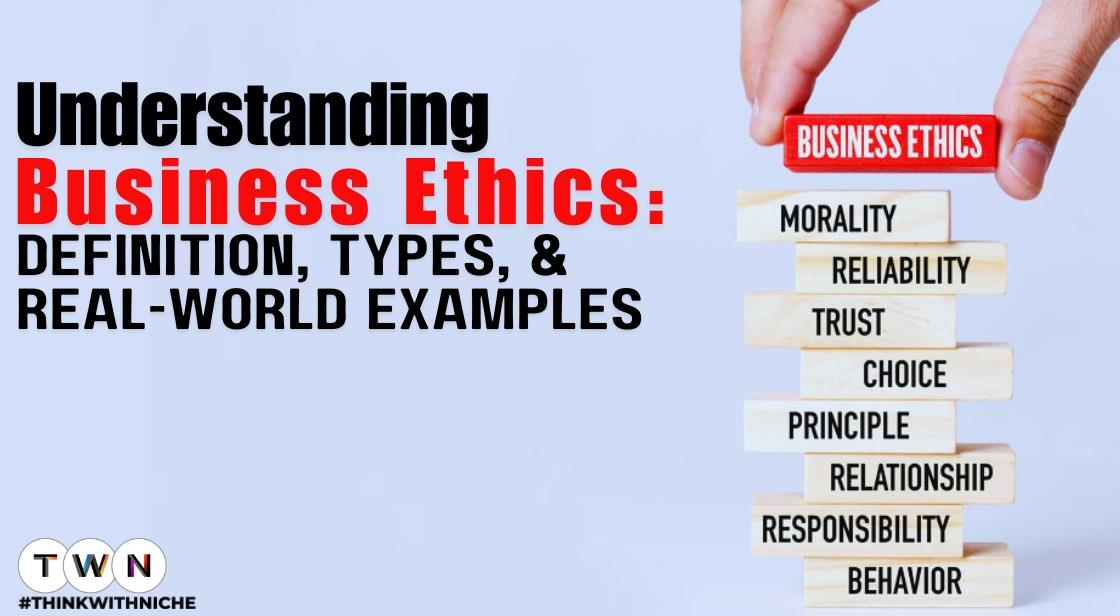Understanding Business Ethics: Definition, Types, and Real-World Examples
Understanding Business Ethics: A Guidepost for Responsible and Sustainable Success in the 21st Century
In today's complex business world, navigating ethical dilemmas is crucial. Business ethics serve as a guiding force, ensuring companies operate with integrity and fairness. But what exactly are business ethics, and how do they play out in real-world scenarios?
This article delves into the core principles of business ethics, explores different types, and provides real-world examples to illustrate their practical application.
What Are Business Ethics?
Business ethics refer to the moral principles that guide a company's conduct and decision-making processes. It's about aligning business goals with ethical values, considering the impact on employees, customers, society, and the environment. Companies with strong business ethics prioritize fairness, honesty, transparency, and accountability in all their operations.
Business Ethics: The Compass Guiding Responsible and Sustainable Businesses
In today's rapidly evolving business landscape, navigating complex decisions ethically is no longer a nicety; it's a necessity. Business ethics serve as the moral compass, guiding a company's conduct and ensuring its actions align with core values. Here's a deeper dive into the essence of business ethics, incorporating the latest trends, data, and real-world examples:
Beyond Profits: A Multi-Stakeholder Approach
Gone are the days when businesses solely focused on maximizing profits. Modern business ethics go beyond the bottom line, embracing a multi-stakeholder approach. This means considering the impact of business decisions on all stakeholders, including:
Employees: Fair wages, safe working conditions, and opportunities for growth are crucial aspects of ethical treatment.
Customers: Ensuring product safety, transparency in pricing and marketing, and providing excellent customer service are all key ethical considerations.
Society: Companies have a responsibility to contribute positively to society through practices such as environmental sustainability, ethical sourcing, and community engagement.
Read More


